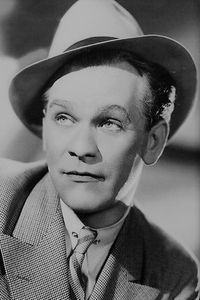James Barton, a renowned actor and writer, was born on November 1, 1890, in the charming city of Gloucester, New Jersey, USA.

James Barton
Deceased · Born: Nov 1, 1890 · Died: Feb 19, 1962

Deceased · Born: Nov 1, 1890 · Died: Feb 19, 1962
Kathryn M. Mullin
( Nov 3, 1933 to Feb 19, 1962 )Ottilie Regina Kleinert
( Dec 31, 1969 to Dec 31, 1969 )James Barton, a renowned actor and writer, was born on November 1, 1890, in the charming city of Gloucester, New Jersey, USA.
Career











